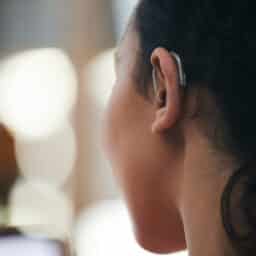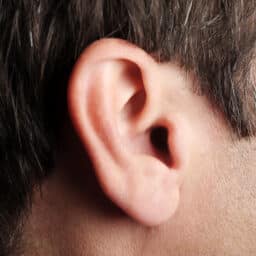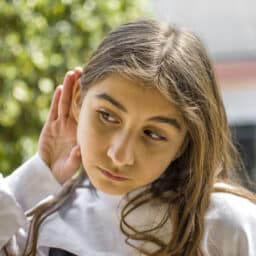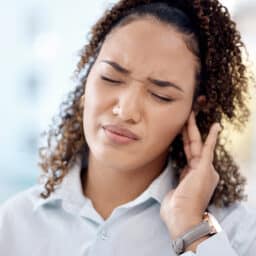A Guide to Protecting Your Hearing Aids Through Seasonal Changes

As the crisp fall air starts heading towards us, it’s a good time to consider how the changing seasons affect your hearing aids. With over 15% of U.S. adults living with hearing loss and many relying on hearing aids to maintain their quality of life, understanding how to protect these devices throughout the year is…
What to Know About Hearing Aid Channels and Bands

More than 28.8 million Americans could benefit from the use of hearing aids. However, a lack of understanding of the devices and their benefits can sometimes deter people from deciding to obtain them. A helpful feature to understand include “channels” and “bands,” which are two critical bits of technology that can significantly impact a hearing…
What to Know About Charging My Hearing Aids

Hearing aids have made significant strides in technology and convenience, especially in their power options. With 28.8 million Americans who could benefit from hearing aids, understanding the differences between devices with rechargeable batteries and those with replaceable batteries will help you make the most effective decision for your personal needs. Here’s a comprehensive guide to…
What to Know About BAER Testing

BAER, which stands for Brainstem Auditory Evoked Response, is a diagnostic test used to evaluate the auditory function of the brainstem. This non-invasive procedure provides valuable insights into hearing ability and auditory function, aiding healthcare professionals in diagnosing and managing hearing loss in infants and young children. Let’s explore how BAER testing is used. About…
Five Facts About Your Ears and Hearing

Maintaining healthy hearing as we age is easier when we have a better understanding of how our hearing and ears work. It allows us to wear ear protection when necessary and practice safe health habits when it comes to cleaning and doctor visits. Let’s examine five facts you may not have known about your ears…
Are There Apps for Tinnitus Management?

Approximately 10% of Americans have experienced tinnitus lasting five minutes or longer in the past year. Tinnitus is the presence of ringing or buzzing in one or both ears when no sound is present. It can cause stress, negatively impact quality of life and often leaves those with chronic tinnitus searching for relief. Although there…
What To Know About High-Frequency Hearing Loss in Children

High-frequency hearing loss is when individuals, particularly children, struggle to perceive high-pitched tones, often due to damage to the hair cells within the inner ear. This type of hearing loss, while more prevalent in older populations, can affect individuals at any age; a study found that 14.2% of participating children who frequently used personal music…
How To Be a Hearing Loss Advocate in The Workplace

The need to cultivate an inclusive and thoughtful environment in the workplace for individuals with hearing loss is essential, given that one out of every eight individuals aged 12 or older in the U.S. experiences this condition. Consider these suggestions for how to be an advocate for those with hearing loss to promote a more…
How Sound Enrichment Therapy Can Help Manage Tinnitus

Living with tinnitus is a frequent challenge for approximately 25 million U.S. adults. The persistent ringing, buzzing or clicking sounds can disrupt daily life, affecting sleep, concentration and overall well-being. While there is no known cure for tinnitus, several symptom management options may provide relief. One effective approach to managing tinnitus is sound enrichment therapy….
What To Know About Pulsatile Tinnitus

Tinnitus is a ringing or buzzing noise in the ears that cannot be heard from the outside. If you hear a whooshing, pulsing or thumping sound in your ears outside of strenuous exercise, you may have a rare form of tinnitus. Pulsatile tinnitus presents in approximately 10% of tinnitus patients and is often described as…